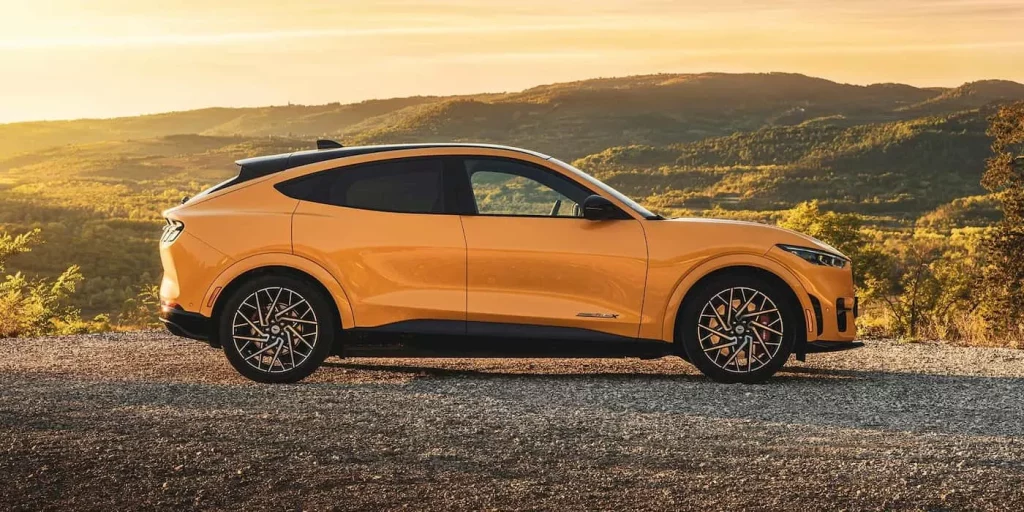
In the face of mounting competition, Ford is adjusting its strategy to focus on developing more affordable electric vehicles. The American automaker is now directing its efforts towards creating a new low-cost EV platform to power compact electric pickup trucks and SUVs, priced around £19,685 ($25,000). This shift, however, means that plans for Ford’s larger three-row electric SUV have been temporarily shelved.
The impact of competitively priced Chinese electric vehicles, such as those produced by BYD, is being keenly felt by domestic automakers, despite these models not being available in the US market. Speaking at a Wolfe Research conference last month, Ford’s CEO, Jim Farley, reiterated his concerns over the threat posed by overseas rivals. He warned that failure to compete with Chinese automakers could put a significant portion of Ford’s revenue, ranging from 20% to 30%, at risk.
Farley highlighted Ford’s past challenges in competing with Japanese and South Korean automakers, emphasising the need to address the current situation. The CEO underscored the importance of betting on smaller EV platforms, acknowledging the cost challenges associated with larger electric vehicles like the F-150 Lightning. According to Farley, larger vehicles must serve functional or work purposes, while smaller electric cars, equivalent to the size of the Escape, offer a viable alternative with significantly lower operating costs compared to traditional petrol vehicles like the Toyota Corolla or Honda Civic.
During an investor call last month, Farley revealed Ford’s covert efforts in developing a low-cost EV platform. He mentioned assembling a highly skilled team, including top EV engineers led by Alan Clarke, formerly involved in Tesla’s Model Y engineering. This team, comprising fewer than 100 individuals, is dedicated to creating an affordable EV platform to power Ford’s forthcoming small electric pickup and SUV models.
Sources familiar with the matter disclosed that the first model is slated for a 2026 launch, with an estimated starting price of £19,685 ($25,000), positioning it as a competitor to Tesla’s upcoming low-cost EV. The platform will initially incorporate LFP batteries, offering approximately 30% cost savings compared to traditional lithium-ion batteries. However, the team is also exploring alternative EV battery technologies.
In light of this strategic shift, Ford is postponing its plans for a larger three-row electric vehicle. This decision coincides with efforts by various automakers to challenge the dominance of low-cost Chinese EVs in the market. Following its recent surge in becoming the world’s largest EV maker, BYD is intensifying competition this year, further motivating Ford’s strategic adjustments.


